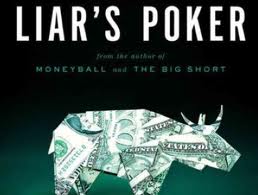The Olympic motto is "Citius, Altius, Fortius." These three Latin words mean "Swifter, Higher, Stronger."
The London Olympics had a tough act to follow. The Chinese has managed to create an event that was spectacular at Beijing in 2008. And the world was watching. What would the British do to make their Olympics remarkable and memorable.
In my opinion they succeeded. Their strategy was Simple. And I think that's what helped them succeed. The first brilliant move was to get a filmmaker to direct the show. And they chose Danny Boyle, Oscar winner for his film "Slumdog Millionaire". And then it was left to Boyle, who once again did something extremely clever.
In his words, "You can't get bigger than Beijing. So that, in a way, kind of liberated us. We thought: "Great. OK. Good. We'll do something different then." Its not unspectacular and unambitious - quite the reverse. This is our land, really. These are our islands. And this will be the last time we get something like this. There has to be a modesty. You can't get grandiose with this job because you are following Beijing. It is a late call for our nation, I think because we are learning our new place in the world. I don't think its eccentric but then I wouldn't because I'm British. But others might think it is."
And that is exactly what he delivered. A story. A musical. With British humor. He used all of Britain's icons. James Bond
Mr. Bean
David Beckham
Chariots of Fire
J. K. Rowling
Mary Poppins
Rapper Dizzee Rascal
The Beatles, Paul McCartney singing Hey Jude.
and most surprisingly The Queen, who not only participated but was an integral part of the story. You can see the Queen with her secret agent 007:
http://www.youtube.com/watch?v=1AS-dCdYZbo
You can see the complete opening ceremony at:
http://www.youtube.com/watch?v=4As0e4de-rI
And whilst the Olympics is underway and we watch the events for which athletes have worked at levels difficult to imagine for hours most of us don't even know exist, just to have their dreams shattered. By a fraction of a second or a mm distance difference. But then the games emulates life. For 1 to succeed a million need to fail.
And then realization dawns on the Olympic motto. Is not Swift. High. Strong. You have to be able to beat you competitors by being Swifter. Higher. Stronger.



















